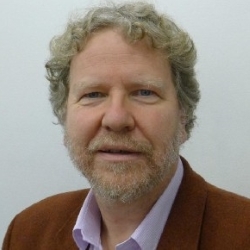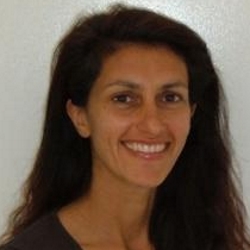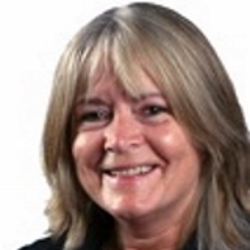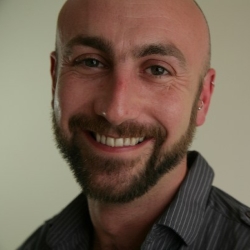Critique is a method of disciplined, systematic analysis of a specific text, a body of work, or an oral discourse. In philosophy, critique refers to a methodical practice of doubt, and criticism is viewed as essential to enquiry, making meaning of life, and to being human.
Yet, in the field of psychology, including transactional analysis, criticism and being critical is, more often than not, viewed negatively. In this keynote speech, Keith argues that critique, criticality and being critical is (also) an Adult activity, and uses the concept of the critical Adult to develop these ideas.
Read More



